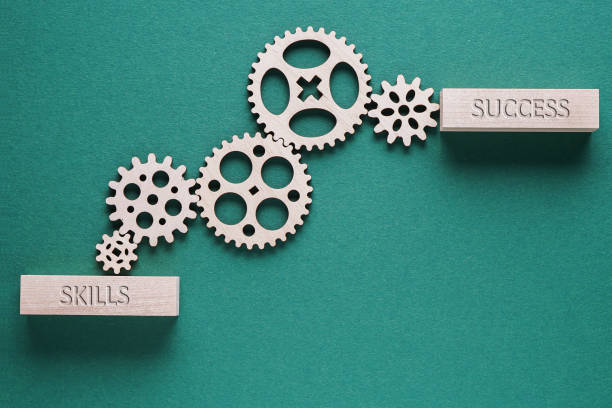Some parents face difficulties while dealing with their kids. Every kid’s nature is different than the others. Some kids take challenges as overwhelming and consider themselves failures. Life is full of challenges which is why parents need to prepare their children to take on these challenges and excel in them. Some kids gave up rather than persevering. This is the stage where they need to develop a growth mindset and meditation to enhance productivity.
Parents who are ready to admit and willing to learn from failures are one of the most effective role models for growth mindset training. When parents talk constructively about their own or their children’s mistakes, their children begin to view mistakes as an inevitable part of the learning process.
Promoting A Growth Mindset In Parents
Prof. Carol Dweck’s research on mindsets offers helpful advice for parents who want to raise children who are more adaptable and resilient. Children with a “fixed mindset” think that having a specific degree of intelligence is all they have; it’s just what they were born with. People who have a “growth mentality,” on the other hand, think that they can improve their intelligence over time.
Children with a growth mentality are aware that when framed as teaching opportunities, obstacles and failure can advance their intelligence. Children with a fixed attitude want to appear intelligent, shy away from problems, and avoid taking risks where there is a chance of failing. This may have an effect on a child’s social, academic, and athletic growth.
-
Simply Adopt A Growth Mindset
After learning about a growth mindset online, we believe we can tell our children to have one and that will be the end of it. You don’t develop a development mindset overnight, as Dweck says, it takes work. Each of us possesses both a fixed and a developing mindset. Let’s face it, we all have moments when we feel like we could do better and when we recover from a setback. We also have times when even the tiniest setback causes us to collapse and quit. Work on identifying when your child exhibits a fixed mindset response and assist them in naming their emotions. Examine the tactics they have employed, their level of effectiveness, and any fresh approaches when they are more at ease.
As strange as it may sound, in order to cultivate a more consistent growth mindset, we need to reflect more on our fixed thinking. Part of our responsibility as parents is to accept our child’s fixed thinking moments and assist them in creating coping mechanisms. We should expect that it will take a while to complete this and that there will be obstacles along the road. The secret is to continue to be encouraging and consistent over time.
-
Comparison Of Talent And Effort Praise
When you compliment your child on their intelligence or talent, you are implying that they are talented in certain areas but not in others. When they have trouble learning something, they believe they lack the necessary talent and won’t ever learn it. By performing what they can do well and ignoring tough or demanding chores, your child will want to show off their gift as a result of receiving talent recognition.
The two kinds of meditation are awareness and concentration. When we are motionless and focus more intently on anything, like our breath, we are more likely to be attentive.
As an alternative, acknowledge the hard work and effort required for learning and accomplishment. For instance:
-
Reacting To Mistakes And Failure
According to Dweck and Haimovitz, one of the most significant influences on how kids develop a fixed mentality reaction is how parents handle failure and setbacks. Parents who minimize or overreact to a setback. sends the message that our youngster lacks the aptitude to succeed naturally. The preferable course of action, according to Dweck, is for parents to concentrate on the lessons and development that result from setbacks.
This conveys the idea that mistakes are not a permanent indicator of talent. Since mistakes are a necessary part of learning and brain development, life is full of obstacles and setbacks.
Wrapping it Up
According to research, parents who adopt the idea that failure can be a positive experience think that difficulties are essential for fostering learning and development.
Parents who hold the belief that failure is crippling think that it prevents learning and stands in the way of achieving better performance. Instead of emphasizing what they learned from the setback, they worry about their child’s aptitude and concentrate on how well their child performs.
Research has shown that parents have a significant impact on their kids’ thinking. The majority of what we do and say as parents teach our kids either a fixed attitude or a Growth mindset training. Being observant and incorporating these straightforward techniques into your parenting will help your kids gradually strengthen their development mentality.

